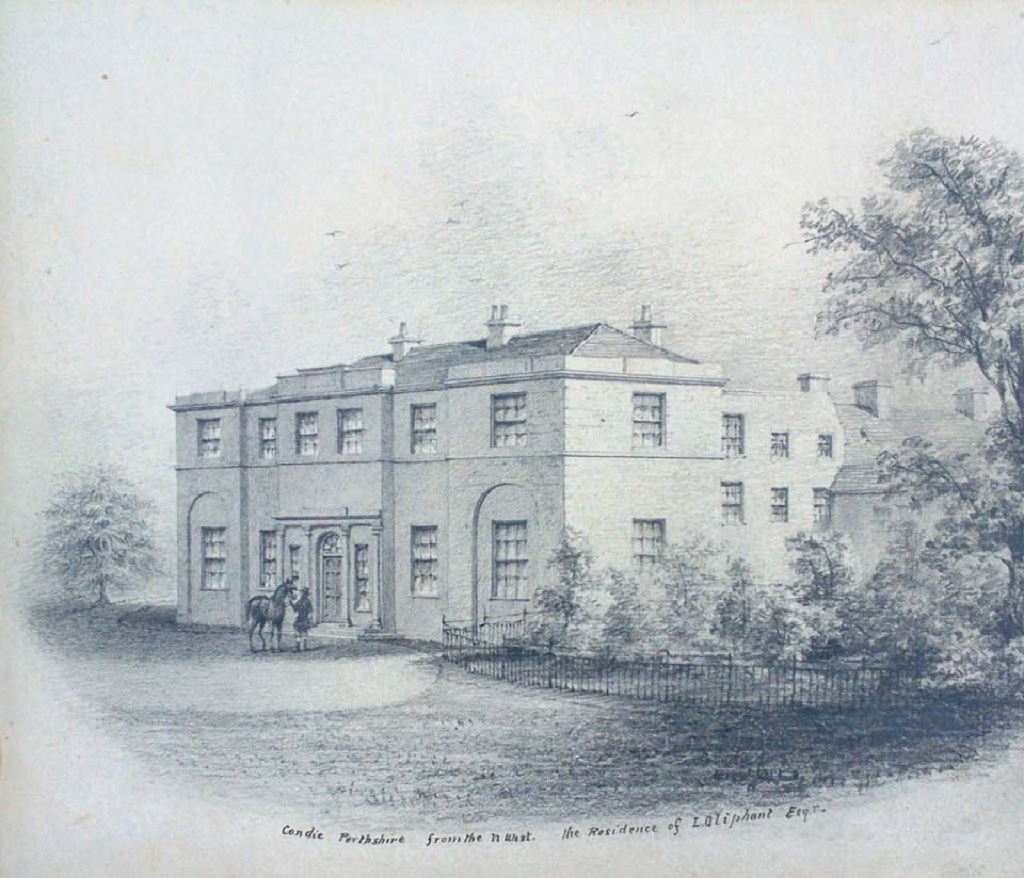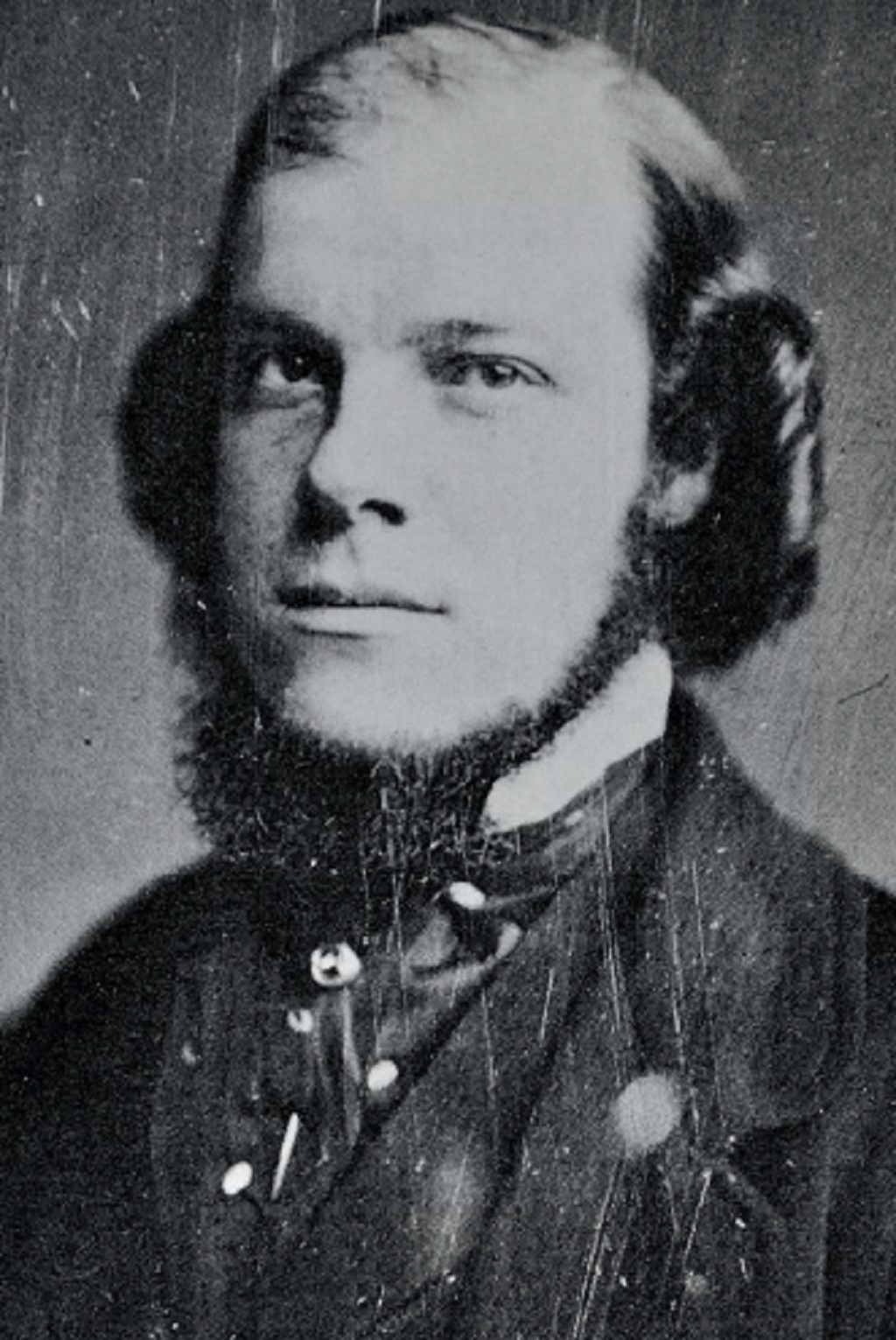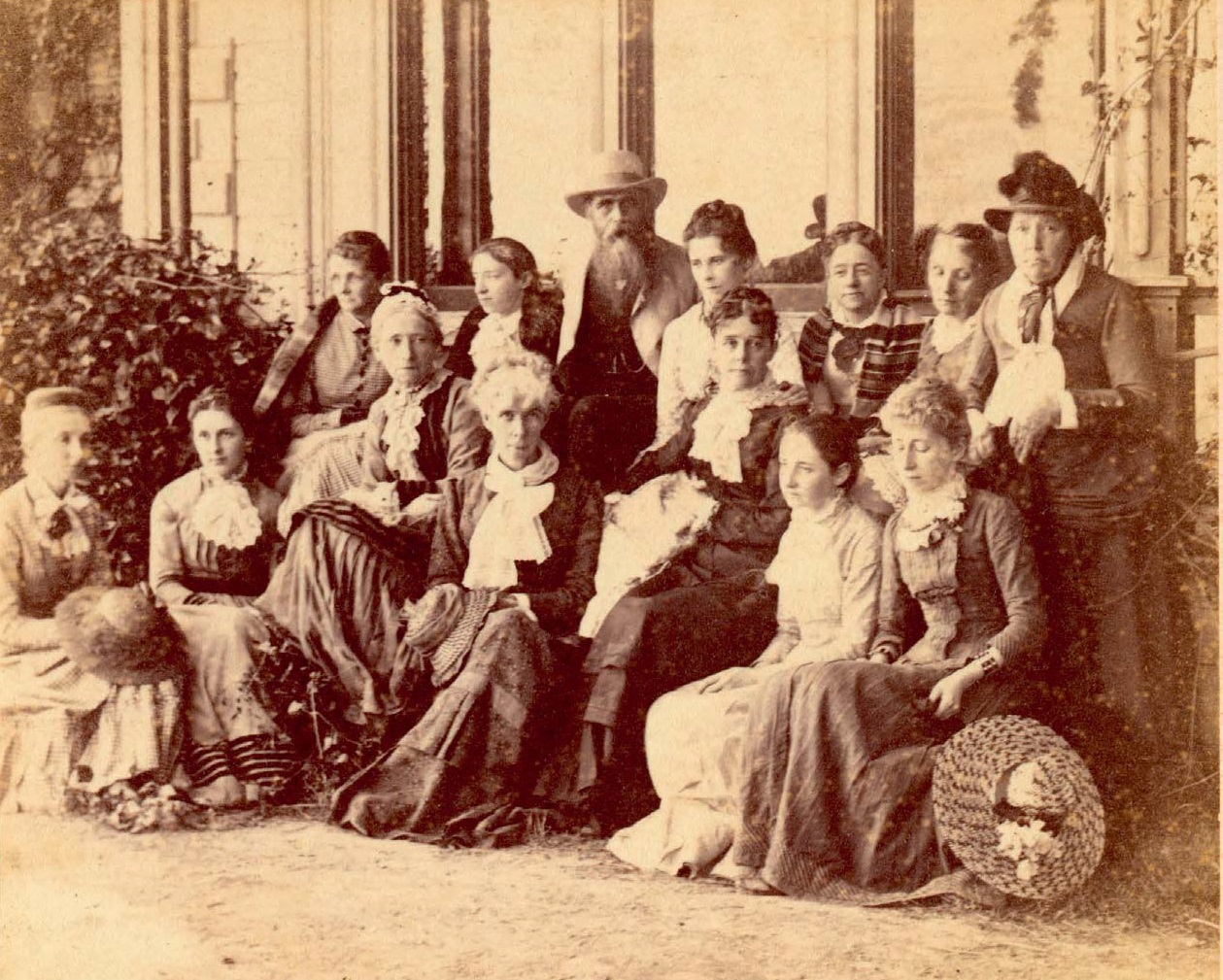
Ripping up the rulebook with a life less ordinary
The unconventional life of Laurence Oliphant took him from priviliged son of the British Empire via mysticism to Zionist pioneer.
Seldom has there been a more romantic or amply filled career; never, perhaps, a stranger or more apparently contradictory personality,’ declared an obituary, published in The Times in 1888 for Laurence Oliphant, a man who did indeed seem to lead more than one life, all of which were remarkable in their own way.
Dedicated to making a real difference for his fellow man, sometimes in very unconventional ways, Oliphant built a career as a writer, war correspondent, diplomat and Member of Parliament.
Well-liked by his contacts, including Queen Victoria, he went on to surprise the British elite when he joined a religious cult, launching a bid to find the ‘real world’ he believed God had intended man to share with the celestial, before devoting the rest of his life to trying to establish a homeland for Jews in Turkish-controlled Palestine.
Oliphant lived an impossibly full life. A privileged son of the British Empire, the Scottish aristocrat’s ‘first life’ began in 1829 when he was born into a well-connected family, the only child of Sir Anthony Oliphant, a member of the Scottish landed gentry, and his wife Maria.
Oliphant’s parents were in the colonial service, posted to South Africa, and then to Ceylon – both stops along the shipping route to India.
This meant a continuous stream of lords, ladies and luminaries in need of refreshment during long voyages became regular visitors.

The Oliphant family home in Perthshire
Opportunities in the British Empire were endless at this time, especially for a bright boy with gumption. From the age of twelve, young Laurence was seated prominently at the grown up’s table to meet and speak with those guests, and he became well known and well liked among the highest circles of the British elite.
It was at one of those dinners that his career as a writer began. Oliphant was 23-years-old and working as an attorney in Ceylon. After a spirited conversation about hunting, he was invited to join Jung Bahadoor, the dashing Nepalese ambassador returning from London, for the unique experience of elephant hunting in the jungles of Nepal. His letters home became his first book, Journey to Katmandu, a bestseller in London where readers were eager for gossip about the exotic ambassador.
A second book appeared a year later about his tour across little-known Russia, which ended at the fortified town of Sebastopol. As a direct result of this publication, when the Crimean War broke out, Oliphant suddenly found himself an unlikely expert on the region, which opened the door to a new job as a battlefield correspondent for The Times of London.
Through family connections, Oliphant next went on a series of adventures and wrote eyewitness accounts about diplomatic missions to the United States and Canada, as well as the opening up of China and the unknown Japan.
All of this success resulted in him being regarded as a minor celebrity in London and he was elected as a Member of Parliament for Stirling Burghs in 1865. While he did not show any conspicuous parliamentary ability, he was made a great success by his novel Piccadilly (1870). But something was missing and his ‘first life’ was coming to a close.
From his early childhood, Oliphant’s parents took great pains to make him think about his spiritual life as a Christian, yet Oliphant found himself unimpressed by existing religions.

Laurence Oliphant, aged 25.
They all seemed to be empty charades in a lunatic world where men slaughtered each other on battlefields. Where was this loving God, the Father who made Man in his image and promised heavenly salvation?
These questions became increasingly worrying to him as the mid point of his life came and went, and Oliphant was traumatised by the sudden death of his father.
It was at this time that he crossed paths with a charismatic prophet from America called Thomas Lake Harris and his ‘second life’ began. Harris was preaching that great things were about to happen in the celestial world, where the Second Coming of Christ would soon begin, along with the Day of Judgment and a new era, when celestial beings would return to Earth and live in harmony with the chosen.
Somehow, all of that just seemed to be the next plausible adventure to Oliphant, now aged 36. Just as he had sought out wild elephants in Nepal, he set out to find God, signing up to go with Harris to the prophet’s new community in America. There he worked as a labourer in the cult’s wine-making business, which was located first in New York, then in California, immersing himself in Harris’s strange and mystical practices, making contact with the spirit world.

Thomas Lake Harris surrounded by his female commune members in California, with Alice Oliphant at his side (1877)
After 14 years of waiting for Judgment Day, however, Oliphant and his new wife, Alice, broke with Harris. Thinking he had become too much in love with the power and luxury that came from controlling all of his members’ lives and fortunes, they forced Harris to return their money and set off to solve one of the most pressing problems of the 1880s – how to help the thousands of Jews fleeing from persecution in Russia and Eastern Europe.
The Oliphants’ solution was to try to settle Jewish refugees into self-sufficient colonies in the Holy Land. Moving to Palestine, they kept to that mission until their deaths in the late 1880s and are still remembered in Israel today as two of the earliest Zionist pioneers, although they remained unconventional Christians, with their own direct access to angels in heaven.
Brave or crazy? It’s still up for debate. But what’s certain is that Laurence Oliphant lived a remarkable and fascinating life. His sweeping saga makes for an unusual story, one of a life well-lived that refused, in constrained times, to be bound by convention.
The Double Life of Laurence Oliphant Victorian Pilgrim and Prophet by Bart Casey Post Hill Press. RRP £17.99
(This feature was originally published in 2016)
TAGS

